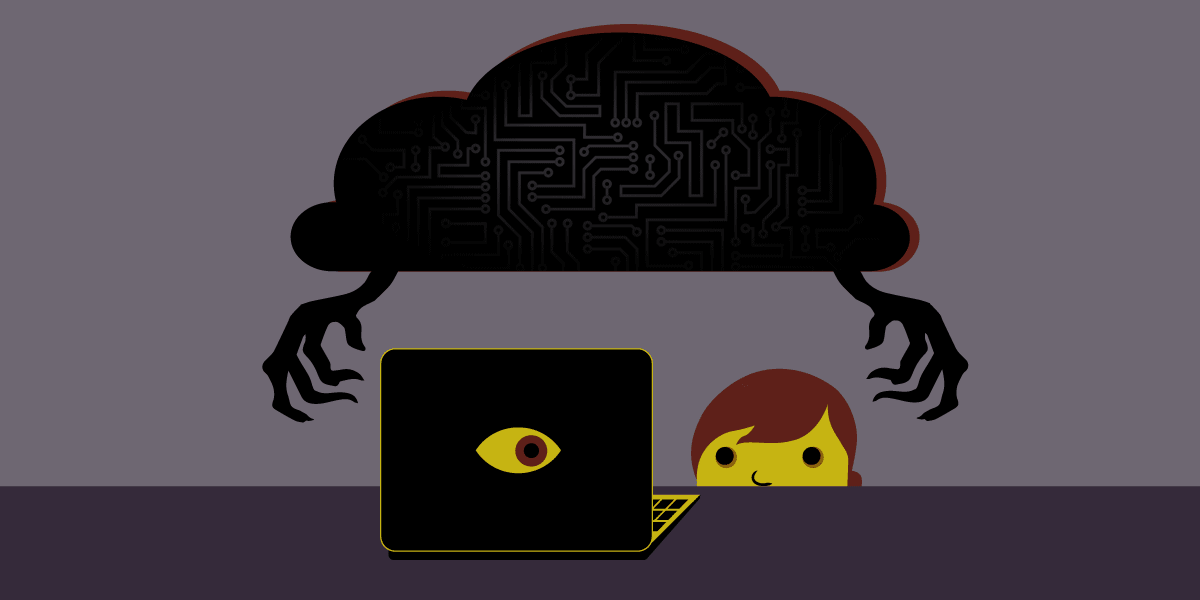- cross-posted to:
- [email protected]
- cross-posted to:
- [email protected]
Following the same legislative and narrative pattern as the EU for “Chat Control”, similar laws and rhetoric are now cropping up in the US. The narrative is “save the children from porn” but the action is censorship, mass surveillance, and the elimination of privacy on the Internet.
As of this writing, Wisconsin lawmakers are escalating their war on privacy by targeting VPNs in the name of “protecting children” in A.B. 105/S.B. 130. It’s an age verification bill that requires all websites distributing material that could conceivably be deemed “sexual content” to both implement an age verification system and also to block the access of users connected via VPN. The bill seeks to broadly expand the definition of materials that are “harmful to minors” beyond the type of speech that states can prohibit minors from accessing—potentially encompassing things like depictions and discussions of human anatomy, sexuality, and reproduction.
Wisconsin’s bill has already passed the State Assembly and is now moving through the Senate. If it becomes law, Wisconsin could become the first state where using a VPN to access certain content is banned. Michigan lawmakers have proposed similar legislation that did not move through its legislature, but among other things, would force internet providers to actively monitor and block VPN connections. And in the UK, officials are calling VPNs "a loophole that needs closing.



Ok, so basically when your computer uses a VPN it just connects to a VPN server over the Internet using an encrypted TCP/IP or UDP/IP connection. On your computer side all your connections to the Internet just get shoved into that encrypted tunel instead of going directly into the whole wide world from your own network connection - so nobody but that server sees those connections - whilst on the VPN server side they’re recieved from that encrypted tunel and then exit to the whole wide world from that VPN server as if they’re connections initiated by that server not by your own machine, so to the whole world they look like connections coming from the VPN server machine.
Nations with nation-wide firewalls can try and block VPN by blocking the actual encrypted network connections to VPN servers (there are ways to recognize those, but there also ways to disguise them), but for websites to block them (which is what this legislation demands) the websites have to block the actual VPN servers since the websites can only see connections to them which seem to originate in those servers, not traffic elsewhere on the Internet such as the encrypted connections from VPN customers to VPN servers.
Now, there are lists of the IP addresses of the exit points of VPN providers (generally the VPN server internet address), which are the IP addresses were the traffic of somebody using that VPN enters the Internet, so to try to comply with this legislation those sites would start by blocking all traffic from any of those IP addresses - remember those websites don’t know were the traffic coming from a VPN server to that website really comes from, so they can’t tell traffic from people in Wisconsin using that VPN server from traffic from people elsewhere using it, hence have to block everything from it to catch everybody from Winsonsin.
This would affect everybody anywhere in the World using those exit points of those VPN providers.
Then there’s the problem that the legislation applies to all VPNs, not just commercial VPN providers serving retail customers, meaning that the websites would also theoretically have to block VPN servers from business VPNs (and given how the networks of many large companies work, that might mean blocking the entire company) as well as things like schools using VPNs and, even more entertaining, VPNs set up by individuals by, for example, renting a Virtual Private Server or physical server and installing a Linux there running their own VPN server software or even installing the VPN server software on something like Amazon AWS or Microsoft Azure, which means they might have to block every single IP address of any provider of servers space anywhere in the World (as any Wisconsian could, theoretically, over the Internet rent a cheap VPS in, say, Malasia, and install a Linux with running the VPN server software in it) as well as of all AWS and Azure servers since again any Wisconsian could theoretically run VPN server software hosted in one of those providers.
The whole things is insane as fuck and would have some trully fucked up implications for any website that tried to comply, as well as for anybody anywhere in the world using VPNs who might want to access such sites.